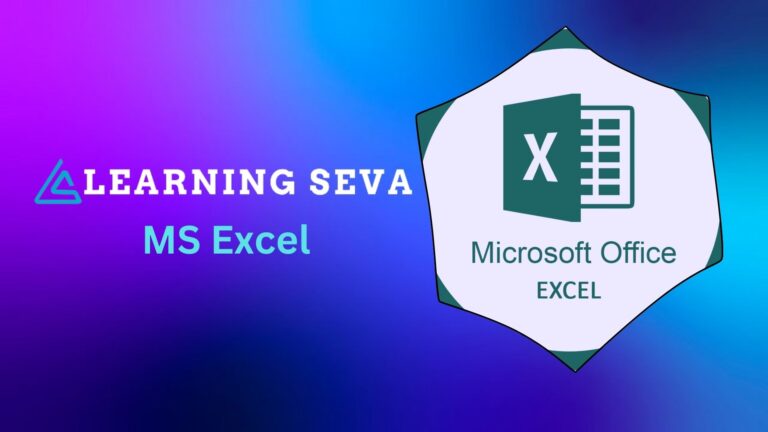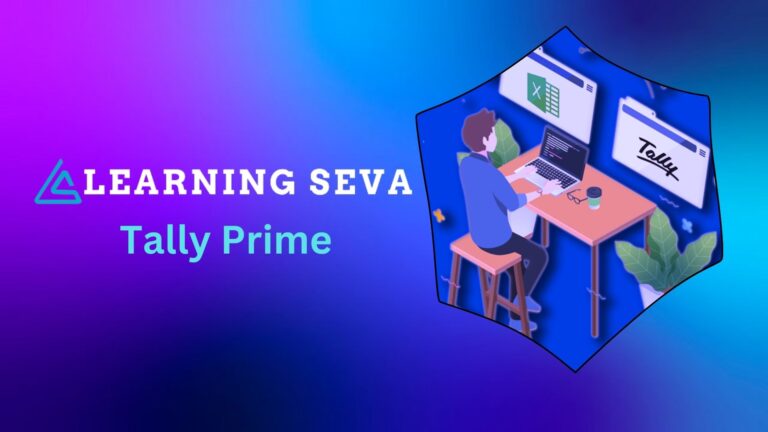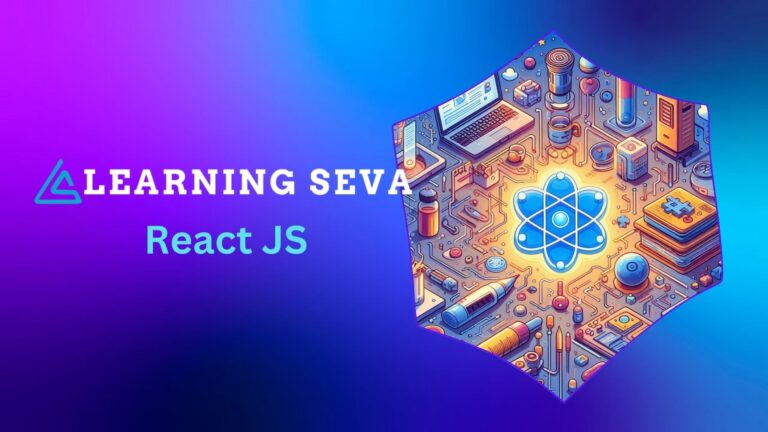C Programming Language: The Foundation of Modern Software Development

About Course
The C Programming course is designed to provide a solid foundation in C, a powerful and versatile programming language widely used for system and application development. This course is suitable for beginners and experienced programmers alike, focusing on essential concepts such as syntax, data types, control structures, and functions.Participants will learn how to write efficient C programs, manage memory, and understand the underlying principles of computer science. The course emphasizes practical applications, enabling learners to apply their knowledge in real-world scenarios.
Description
This comprehensive course covers various aspects of C programming, from basic syntax to advanced features. Students will engage in hands-on exercises and projects that reinforce their learning and facilitate real-world application.Key topics include:
- Introduction to C: Understanding the history and significance of C as a foundational programming language.
- Basic Syntax: Learning variables, data types, operators, and control structures.
- Functions: Creating and using functions effectively for modular programming.
- Pointers and Memory Management: Understanding pointers, dynamic memory allocation, and memory management techniques.
- Data Structures: Working with arrays, structures, and linked lists.
- File Handling: Reading from and writing to files using standard I/O functions.
What Will I Learn?
- Good Work: Master the fundamentals of C programming for effective software development.
- Stage Fear: Gain confidence in tackling complex challenges.
- Talk: Develop skills to communicate concepts clearly.
- 5 PLUS Year Industry Experience: Learn from industry experts with real-world applications.
FAQs
C is a high-level, general-purpose programming language developed in the early 1970s by Dennis Ritchie at Bell Labs. It is known for its efficiency and control over system resources.
Key features of C include:
- Simple and efficient syntax
- Fast execution speed
- Portability across different platforms
- Rich set of built-in libraries
- Support for dynamic memory management
- Modularity through functions
- Low-level access to memory using pointers
You can install a C compiler by downloading software like GCC (GNU Compiler Collection) or using integrated development environments (IDEs) such as Code::Blocks, Dev-C++, or Visual Studio.
A C source file typically has a .c extension and contains the code written in the C programming language, which can be compiled into an executable program.
A C++ file typically has a .cpp extension and contains source code that can be compiled into an executable program.
You can write a simple “Hello World” program as follows:
#include <iostream> int main() { std::cout << “Hello, World!” << std::endl; return 0; }
Variables in C++ are used to store data values. They must be declared with a specific data type, such as int, float, or char.
C++ supports several data types including:
- Primitive types:
int,char,float,double - Derived types: arrays, pointers, references
- User-defined types: classes and structures
Control structures like if, else, switch, for, and while are used to control the flow of execution in a program.
A function can be defined as follows:
Error handling in C++ can be managed using exceptions with try, catch, and throw keywords.
The four main principles are:
- Encapsulation: Bundling data and methods that operate on the data.
- Abstraction: Hiding complex implementation details.
- Inheritance: Deriving new classes from existing ones.
- Polymorphism: Allowing methods to do different things based on the object it is acting upon.
STL is a powerful library in C++ that provides generic classes and functions for data structures (like vectors, lists) and algorithms (like sorting and searching).
Performance can be optimized by:
- Using efficient algorithms and data structures
- Minimizing memory usage
- Avoiding unnecessary copies of objects
Best practices include:
- Following naming conventions
- Keeping functions small and focused
- Using comments effectively
- Utilizing modern features of C++, such as smart pointers
Yes! There’s a large community of developers contributing to forums like Stack Overflow, GitHub, and dedicated websites like cppreference.com.
Accordion Content
Resources include online tutorials on platforms like Codecademy, Udemy, Coursera, and official documentation at cppreference.com.
Common issues include understanding pointers, memory management, syntax errors, and debugging complex code.
Major versions include:
- C++98
- C++03
- C++11
- C++14
- C++17
- C++20
Yes! You can write command-line applications using C++, which can be executed directly from the terminal.
C++ provides file handling capabilities through streams using classes like ifstream for reading files and ofstream for writing files.
Templates allow you to create generic functions or classes that work with any data type, enabling code reuse without sacrificing type safety.
Memory management in C++ involves manual allocation (new) and deallocation (delete) of memory using pointers.
Yes! The Standard Library includes support for multi-threading through the <thread> header.
Yes! You can create APIs using frameworks like RESTful APIs with libraries such as Pistache or Crow.
While not inherent to the language itself, libraries like ICU (International Components for Unicode) can be used for internationalization support.
Tools such as GDB (GNU Debugger), Valgrind, and IDE-integrated debuggers help debug applications effectively.
Yes! While not common for front-end development, back-end services can be built using frameworks like Wt or CGI with C++.
Yes! Many game engines like Unreal Engine use C++, making it a popular choice for performance-critical game development.
Best practices include:
- Validating user inputs
- Avoiding buffer overflows by using safer functions
- Regularly updating libraries to patch vulnerabilities
A course by
Material Includes
- Material 1
- Material 2
- Material 3
Requirements
- Laptop
- Good Internet Connection
- Graduated
- 1 Year Industry Experience





